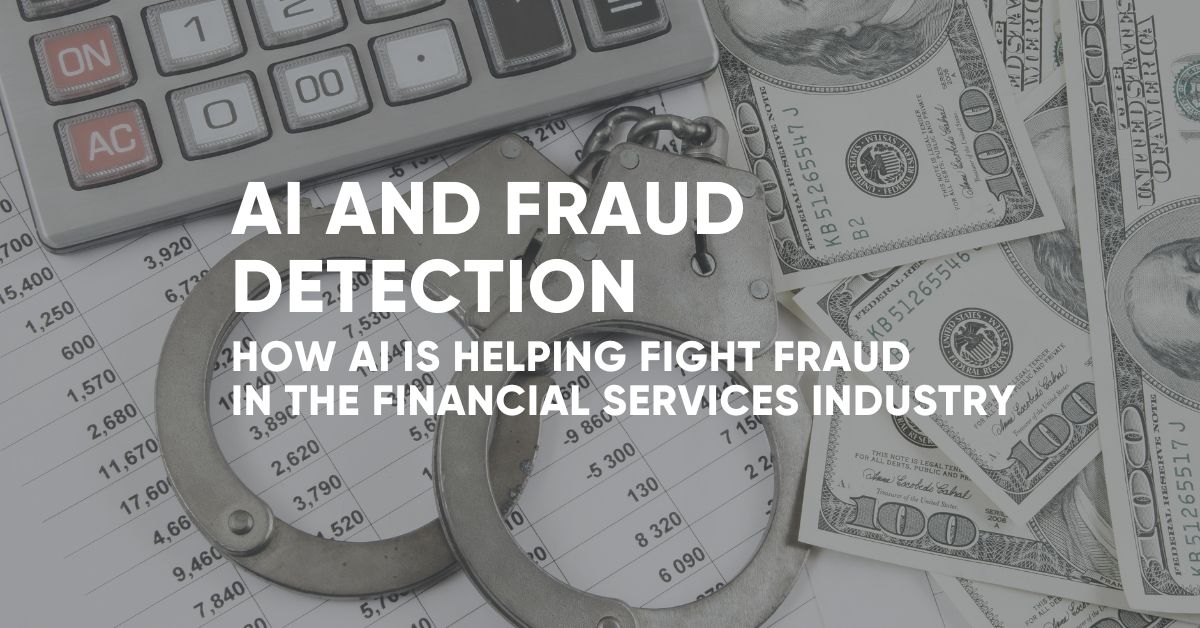Fraud is a significant and growing problem in the financial services industry. Data from Juniper Research shows that the total cost of e-commerce fraud for merchants will surpass $48 billion globally in 2023, up $2 billion from 2022. Of this figure, North America is cited as comprising 42% of fraud by value, followed by Europe at 26%.
There are a number of factors that have contributed to the increase in the cost of fraud, including:
- The increasing complexity of financial systems and transactions, which makes it easier for fraudsters to conceal their activities.
- The growth of the internet and e-commerce has created new opportunities for fraudsters to target businesses and consumers.
- The increasing sophistication of fraudsters, who are constantly developing new methods to exploit vulnerabilities.
AI is emerging as a powerful tool for fighting fraud, and its use is growing rapidly. AI-powered fraud detection systems can analyze large amounts of data to identify patterns that are indicative of fraud.
For example, a system might look for patterns in credit card transactions that are commonly seen with card cloning or identity theft. AI systems can also learn from historical data to identify and even predict new fraud patterns as they emerge.
In addition to identifying fraud, AI can also be used to prevent fraud. For example, a system might be used to flag suspicious transactions for human review. AI can also be used to generate alerts when certain risk factors are present, such as a sudden increase in spending or a login from an unusual location.
AI is still a relatively new technology, but it has the potential to revolutionize fraud detection. As AI systems continue to develop, they will become more accurate and efficient at identifying and preventing fraud and protect financial institutions and their customers from the cost and embarrassment of fraudulent transactions.
Benefits of using AI for fraud detection:
- Accuracy: AI systems can be more accurate than traditional fraud detection methods because AI systems can learn from vast amounts of historical data and identify new fraud patterns as they emerge.
- Efficiency: AI systems can process large amounts of data quickly and easily allowing them to identify fraud more quickly than traditional methods.
- Scalability: AI systems can easily be scaled up to handle large volumes of data so they can be used by financial institutions of all sizes.
Challenges of using AI for fraud detection:
- Cost: AI systems can be expensive to develop and deploy initially, though many institutions are already seeing a positive ROI.
- Complexity: AI systems can be complex to understand and manage, leading to fear of change among some professionals. An effective change management plan can help in these situations.
- Regulation: AI systems must comply with government and business regulations, such as those governing data privacy and security. These can vary based on location and are often updated.
Overall, AI is a promising technology for fighting fraud in the financial services industry. As Artificial Intelligence systems continue to develop, they will become more accurate, efficient, and scalable. This will help to protect financial institutions and their customers from fraud, and it will also help to reduce the cost of fraud for businesses and consumers.
Future Trends
As AI fraud detection technology continues to develop, we can expect to see the following trends:
- Increased use of machine learning: Machine learning is a type of AI that allows systems to learn from data and improve their accuracy over time. This means that AI fraud detection systems will become more accurate as they are exposed to more data.
- Increased use of natural language processing: Natural language processing (NLP) is a type of AI that allows systems to understand and process human language.AI fraud detection systems will be able to identify fraud patterns in text-based data, such as emails, social media posts, and even chats.
- Increased use of blockchain: Blockchain is a secure distributed ledger technology that can be used to track transactions. Yes, it may have a soiled reputation from recent Crypto events, but it can still be effective as AI fraud detection systems will be able to identify fraud patterns in blockchain data.
These are just a few of the future trends in AI fraud detection. As AI technology continues to develop, we can expect to see even more innovative and effective ways to fight fraud.


